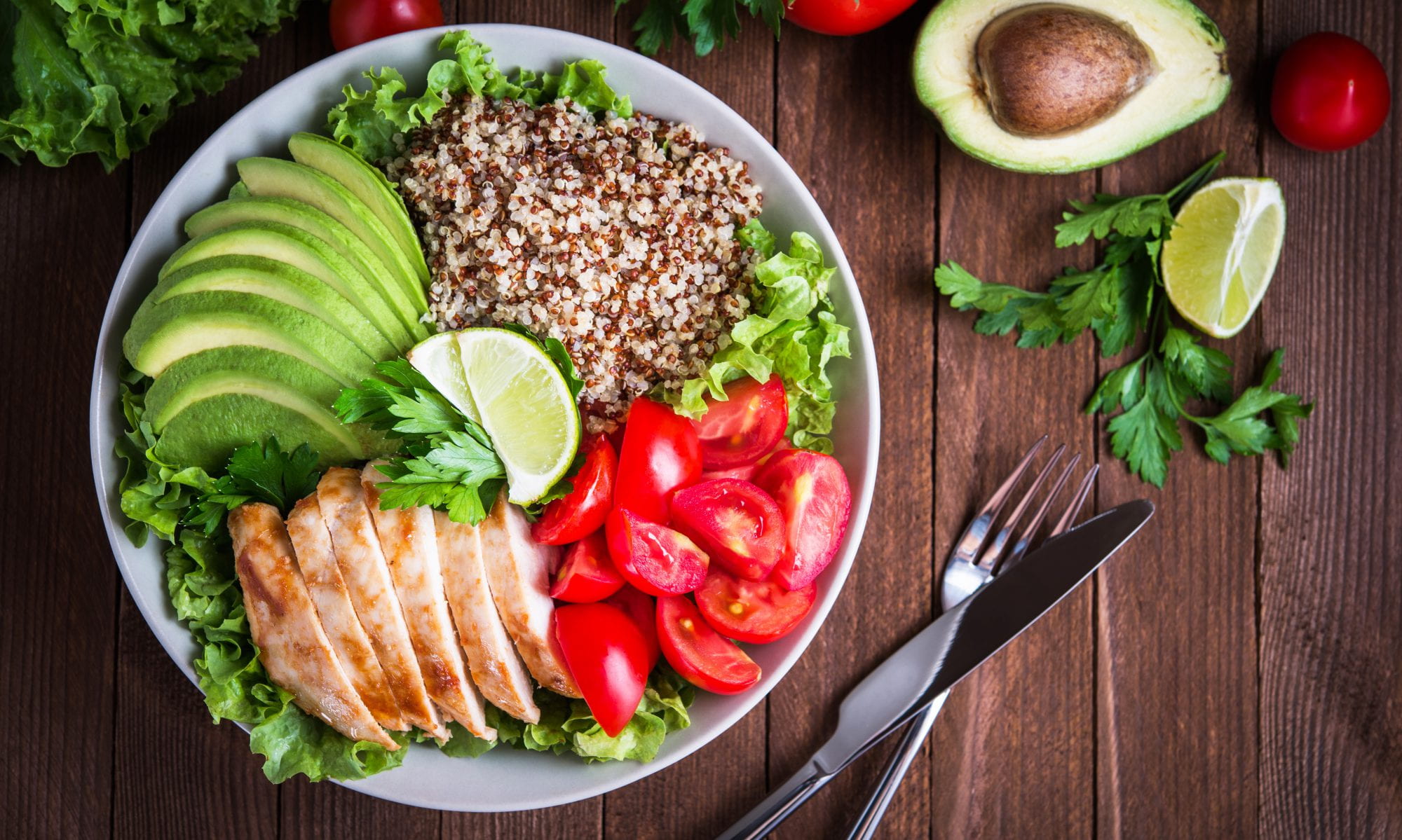The soft creamy flesh of a ripe avocado makes an attractive and healthy addition to many of our shopping baskets. Smashed, crushed or sliced on toast for a celebrity chef breakfast, it is a fruit which is savoured across the world. But it seems that avocados may not be as green as they look. And their trendy status may be environmentally unsustainable. Their popularity has led to profitable opportunities for farmers, leading to major environmental concerns about production causing deforestation in Mexico, a nation that produces 30% of the 4.7m tonnes harvested globally. What was once an exotic ingredient for many now makes regular appearances in culinary (and political) lives. The European Union imports some 440,000 tonnes of avocados each year. And while the food production industry is keeping up with demand, we rarely stop to consider the environmental impacts of trendy food, distracted as we are by the new experiences and health benefits it delivers……….
read the original article at The Conversation.
Sustainable food manufacturing- it is time to reboot our view of sustainability
A call to reboot a broken food system does not relate to what many food manufacturers actually do or see when they start developing new products. The wealth of innovation and vision used to tackle world level issues is far more apparent at these build-in stages than a resigned and broken status. Are the calls to ‘reboot the system’ in conflict with how our industry is behaving or is it really a case of rethinking how we measure sustainability?
‘If only we could take a long-term view, step back and take stock of what environmentalism means for consumers and their diet’
This is what product developers will often get asked when food manufacturers try to link the constraints of food product design with high level targets such as the UN’s Sustainable Development Goals. The resulting options and trade-offs that emerge will often lose sight of consumer experience. This is in part due to a lack of commercial direction coming from sustainability assessments that more often than not, do not make a lot of sense for many food and beverage businesses. For example, the calls to not eat meat, not use palm oil and not use plastic packaging will never ever work………..
read the original at Sustainable food manufacturing- it is time to reboot our view of sustainability | LinkedIn
Switzerland vote ‘no’ to ethical food standards. really?
‘Its Surprising People Wouldn’t Have Voted For Food Sovereignty’ – Prof. – Sputnik International
Read the original at: ‘Its Surprising People Wouldn’t Have Voted For Food Sovereignty’ – Prof. – Sputnik International
Our recent Radio Sputnik interview on the Food Sovereignty and Fairness vote in Switzerland
Voters in Switzerland have overwhelmingly rejected two proposals on ethical and sustainable food. Final results of the two nationwide polls show that more than 60% of people voted against them. The proposals were aimed at boosting local farming and promoting more sustainable agriculture. The proposals’ opponents, including business leaders and the government — which advised people to vote no — had warned of higher food prices and less choice. The size of the defeat will be a big disappointment to farmers’ groups and ethical food campaigners. The first proposal, called fair food, wanted more government support for sustainable, animal-friendly
Sputnik spoke to Dr Wayne Martindale Principal Lecturer of Food Insights and Sustainability at University of Lincoln on what this vote will mean for sustainable foods.
